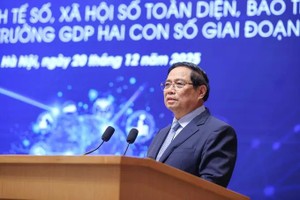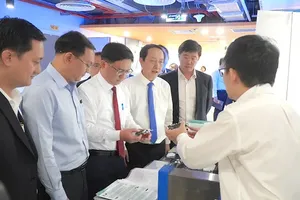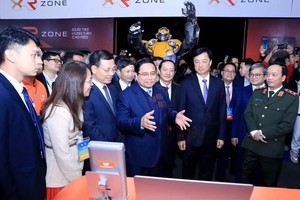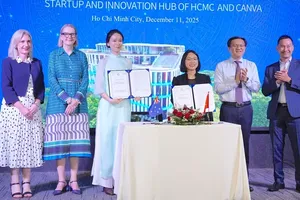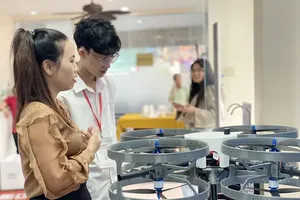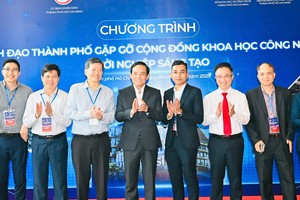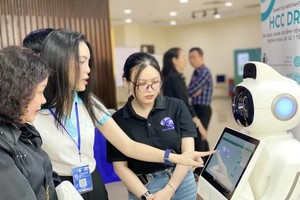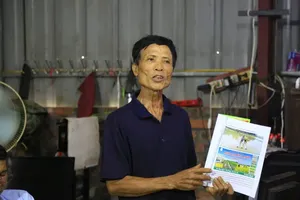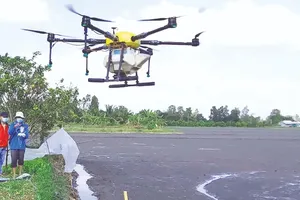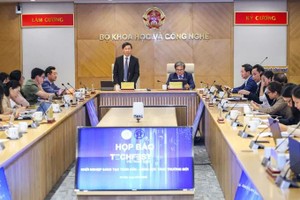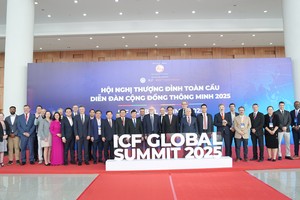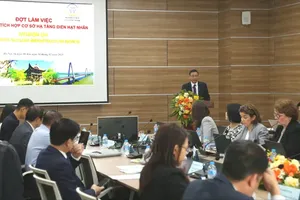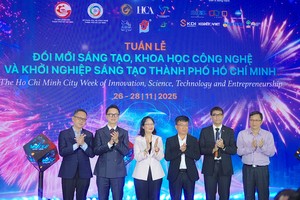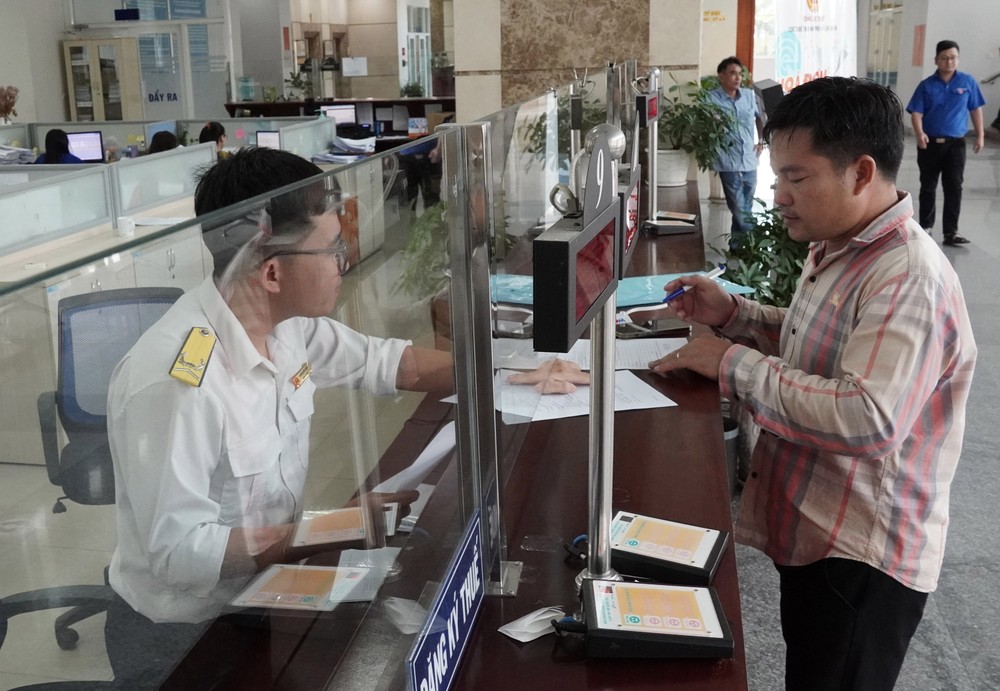
By leveraging decentralized and secure data storage, blockchain is well-suited for applications in data authenticity verification, information transparency, facilitating data exchange between actors within the software ecosystem.
Numerous values will be explored
According to technology experts, the value of blockchain lies in its ability to manage data transparently and highly reliably. Blockchain’s transparent data management is considered a critical factor in the pilot research and deployment of e-government models in many countries around the world.
This property of blockchain makes it immutable, which means that once something has been entered into a blockchain it cannot be tampered with. Blockchain-based data can be shared for multiple groups with anonymity and traceability, effectively decentralizing power.
In addition, decentralized blockchains can provide permanent access to records that law enforcement officials and responsible agencies may need to use to uncover corruption or abuse of power. The Vietnam Blockchain Association has identified a wide range of blockchain applications, with a typical example being citizen identity management, providing citizens with the opportunity for self-sovereign identity.
Through this, citizens have the right to control access to their identity (ID) and the information can be instantly verified. Information that has been recorded on the blockchain is immutable, and no one can tamper with or hide it. In addition, popular blockchain platforms are currently being applied primarily for the purpose of managing money and cryptocurrencies.
Experts believe that blockchain is considered one of the technologies of the future, which will play an important role in developing and solving social problems. Most simply, if blockchain is applied, people can notarize online, instead of going to a notary's office or state agency. With blockchain with verified data, officers receiving dossiers only need a code to access information to verify documents minimizing time.
According to Permanent Vice President Phan Duc Trung of the Vietnam Blockchain Association, blockchain technology can solve the problem of information on big data with authenticity; thereby, it helps save a lot of time, effort and money.
For example, in the field of notarizing documents, with the traditional way of doing things, both people and state officials have a lot of trouble, especially in big cities or densely populated areas with a high demand for administrative procedures. Residents who go to public notary offices waste time traveling and waiting while officers have to spend a lot of effort checking and verifying many steps. This work will be simpler and more economical with the use of blockchain.
Step-by-step application of blockchain technology in Vietnam
According to Deputy Director Tran Ngoc Thach of the Department of Information and Communication Technology (DIC) of the Central City of Da Nang, it is necessary to prioritize studies of core technologies that can make breakthroughs, such as artificial intelligence (AI) and blockchain to develop platforms for digital transformation with the aim to create new business models, products and services with high value.
Currently, Da Nang City has begun to approach the platform and pilot applications of blockchain technology for application in digital asset management, and digital economic development; through this, the city can exploit the great potential of blockchain. He disclosed that the city has initially been piloting blockchain for handicrafts, Ngu Hanh Son stone sculptures, and One Community One Product (OCOP) products.
Moreover, the DIC of Da Nang City has coordinated with the Vietnam Information Society Association and experts to deploy the construction of the DaNangChain platform in digital asset management, increasing the value of Da Nang's products. Da Nang's investment in the DanangChain platform will pave the way for the development of smart cities, digital finance and platforms for e-government.
Not only Da Nang City has been gradually applying blockchain, but this technology has also been applied by units in the field of education to query and detect fake certificates. According to Director Dang Minh Tuan of the CMC Technology Application Research Institute, blockchain has been applied and deployed to verify online university degrees at the Hanoi University of Posts and Telecommunications.
Previously, each month, the school received more than 1,200 requests from businesses which want the school to verify new employee documents. However, two staff of the school have manually queried information which was time-consuming and laborious.
With blockchain, a team of experts has built a diploma-checking system on the website, student graduation diploma data is digitized and verified by digital signatures provided by the Government Cipher Committee. Employees only need to access the website and enter the student code and the diploma number to quickly retrieve.
Blockchain technology is prioritized for development and application to proactively participate in the 4th industrial revolution according to the Prime Minister’s Decision No. 2117/QD-TTg. The Ministry of Science and Technology has also approved the National Key Science and Technology Program for the period up to 2025, in which blockchain technology ranks second after artificial intelligence in the list of key technologies.
